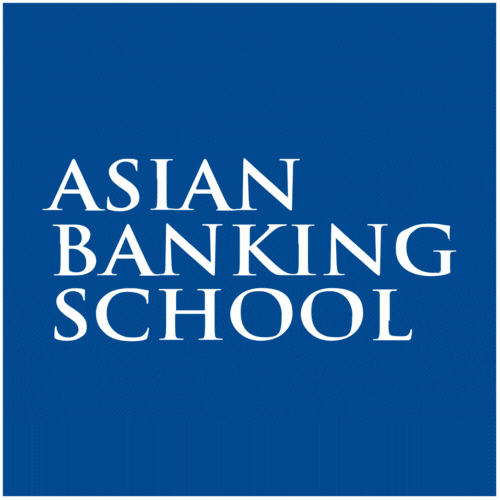

per participant
*Fee includes lunch and other refreshments on programme days, as well as programme materials for one participant. It also includes the two formal dinners and accommodation based on single occupancy (from 7 – 13 December 2025) in London during the second week of the Programme. It is not inclusive of any applicable taxes.
Participants of the Global Banking Leaders Programme will become alumni of the Bayes Business School following successful completion of the Programme and be part of an illustrious network of executives from around the world.
The Programme ends after lunch and participants are free to enjoy their time in London